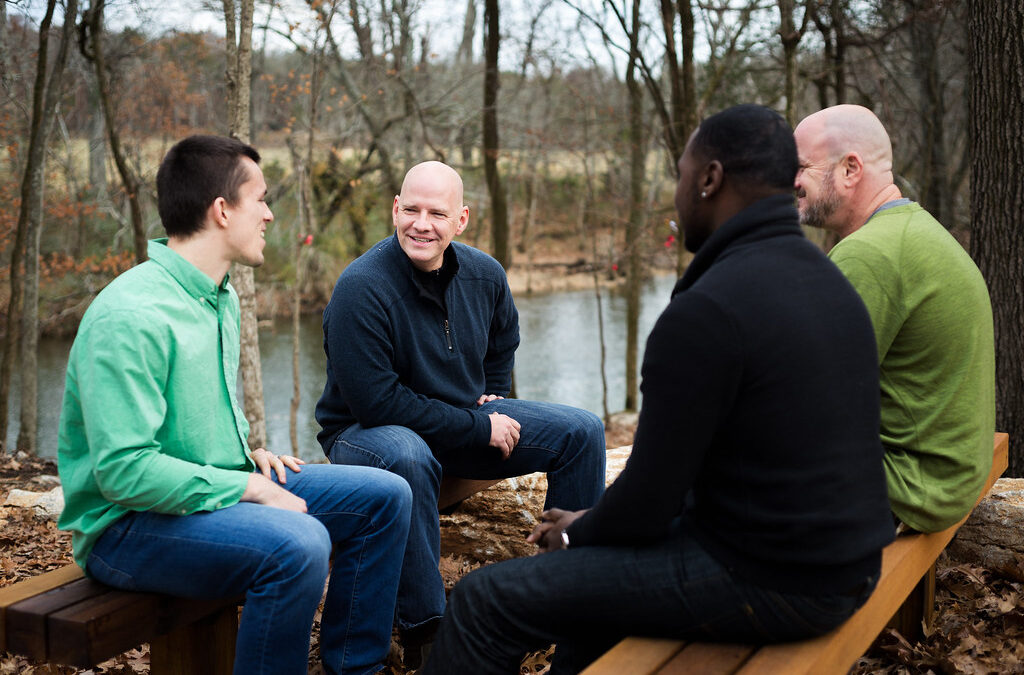I entered West Park Psychiatric Hospital in Darlington. Dazed from a two-hour journey at six in the morning, I follow signs for an education centre. The corridors gradually become less like a hospital and more like those of a corporate building.
Finally, I got to the lecture room. I assumed this room would be large, with staggered seating facing a giant projector screen, much like the university lecture theatres I am used to. Instead, I am faced with a humble room resembling a classroom with no more than 30. There are three large tables in this room, with six chairs surrounding each table.
I’m one of the first to arrive, and as I enter, a man called Steve Baker greets me with enthusiasm. His accent is a blend of soft Scottish and Geordie, a testament to the 30 years he has spent in Newcastle for his policing career.
Steve is why I’m here, two hours away from Sheffield, on this overcast Thursday morning. I’m here to experience the training he has been pushing nationwide for the last ten years, called Respond. This ground-breaking training program allows every professional involved in a mental health crisis to meet in a room and take on each part of the journey to getting someone the help they need. This includes the police, psychiatric nurses, paramedics, doctors, and advanced mental health professionals or social workers. This allows professionals to understand each agency’s role in crisis treatment, so the patient can receive care quickly and effectively without wasting the time and resources of excessive professional intervention.
The training is one full day, from nine to five. The twist is that throughout the day, you have no idea what profession the individuals sitting at your table are. Instead, everyone consistently invests in each stage of a crisis.
Steve Baker, now retired, was once the national lead for mental health in policing in the UK. He says feedback from professionals he’s worked with has been transformative: “What we’ve found is that the learning that can be had from people is just massive. I’ve had doctors say, ‘I never appreciated how long and exhausting the journey is for someone [in crisis] and how many times they have to tell the story before they sat down in front of me for an assessment. I will completely change my practice as a consequence.”
If you’re enjoying this article, read about mental health awareness walks in the community here.
As the crisis comes to a close, and our case study Mark has been provided with additional support for his mental health problems, the professionals around the table reveal their identities.
“Everyone in this room came here voluntarily,” Steve starts, as he wraps up the day, “But the paramedics who came today are here on their day off; it isn’t a paid training day, they don’t get an additional day off. This is how they are choosing to spend their time off.”
My heart swells as I look around the room. All the people in this room spend their lives helping people. The paramedics are here on their day off, but every single profession is here by choice, because they want to help people as effectively as possible. These are the people who want to make a positive difference.
Respond has received an enormous amount of positive feedback. One nurse, whom I was discussing the following steps to take in response to a crisis, tells me this is her second time coming to one of these training sessions.
Sam Johnson, 34, says, “It’s truly been invaluable. The things I’ve learnt and the people I’ve met through it are amazing. Every time I come, I learn something new, and it’s lovely to know there are people out there who care just as much as I do.”
Steve is working hard to expand Respond from the North East of England to the rest of the country. Most recently, it has been commissioned for delivery across the Thames Valley Police area and Greater Manchester.
However, there are concerns that the expansion of Respond across England could be delayed due to funding from the government. The proportion of the NHS budget given to mental health provision is set to fall from 8.78% in the 2024-2025 financial year to 8.71% in 2025-2026.
However, in a recent statement to parliament, Health Secretary Wes Streeting insisted that the £15.6bn was a ‘significant uplift’ in real spending and that the government remains committed to transforming mental health provision.



